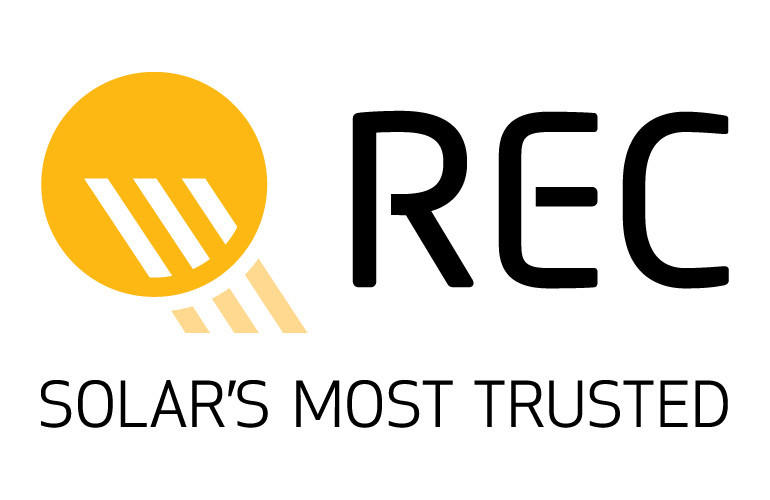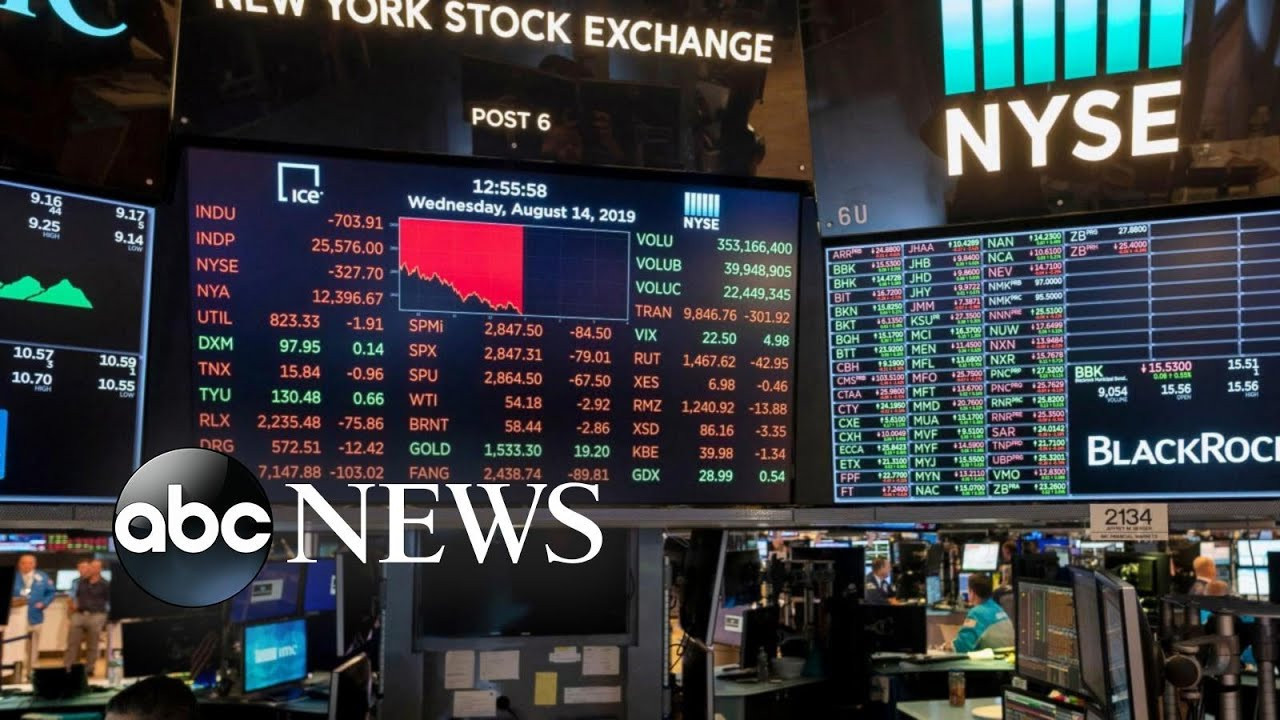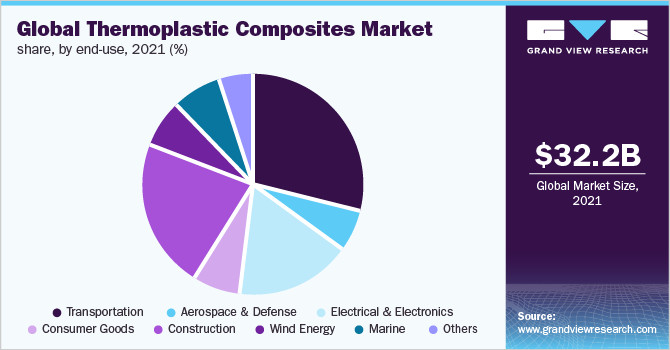REC Group's ESG Report: Solar Company Achieves Impressive Sustainability Goals
REC Group, an international pioneering solar energy company, has unveiled its latest Environmental, Social, and Governance (ESG) Report, highlighting significant improvements between 2020 and 2023. The report demonstrates REC's unwavering commitment to sustainability and responsible business practices.
Environmental Achievements Take Center Stage
The report spotlights REC's environmental achievements, showcasing substantial reductions in resource consumption. In just three years, REC managed to cut process water consumption intensity by 50%, energy consumption intensity by 30%, and waste generation intensity by 40%. These remarkable reductions are a testament to REC's dedication to minimizing its environmental footprint.
Due Diligence Framework Ensures Supplier Sustainability
While environmental sustainability is paramount, REC's commitment extends beyond environmental considerations. The report underscores the company's robust Due Diligence Framework for Suppliers, built on three pillars: Health, Safety, and Environmental (HSE) standards, and Corporate Social Responsibility (CSR) criteria. This framework ensures that REC's direct suppliers adhere to stringent standards, resulting in zero deviations in HSE and CSR areas for 2023. This marks the fifth consecutive year of achieving this milestone.
REC's ESG Initiatives: A Result of Collaborative Efforts
The success of REC's ESG initiatives can be attributed to the dedicated ESG Steering Committee, comprising representatives from various departments. Their collective efforts have enabled REC to navigate the increasing pressure from consumers and regulations. Transparent disclosure of ESG policies, measures, and achievements has become an integral part of the company's business strategy.
Spearheading a Greener Future: Trends Driving a More Sustainable Solar Industry
The global solar photovoltaic (PV) market is experiencing rapid growth, fueled by rising demand for renewable energy and technological advancements. In 2023, global annual solar PV installations exceeded 430 GW, representing a 74% increase from the previous year. Many companies are setting ambitious sustainability targets, driving the demand for clean energy. This trend is further amplified by stricter ESG regulations, such as the EU's CSRD and US SEC climate disclosures. The need for a sustainable solar industry is more critical than ever, as panel manufacturing is resource-intensive. With a target of limiting global temperature increases to 1.5°C, over 1 billion panels are needed annually. Homeowners and businesses alike must prioritize environmental and social impacts, not just power and price, when adopting solar solutions.
REC: A Leader in Sustainable Solar
REC, an EcoVadis silver-rated manufacturer, has been a leader in the clean energy industry for nearly three decades. The company ensures that its operations are as environmentally friendly as the energy it helps to generate. Since its establishment in Norway, REC has consistently prioritized the combination of performance and sustainability, driven by its overarching purpose. The release of REC's latest ESG Report reinforces the company's unwavering commitment to environmental stewardship and socially responsible business practices, setting a benchmark for the solar industry's sustainability efforts.
Conclusion: A Shining Example of Sustainable Practices
REC Group's latest ESG Report is a testament to the company's commitment to sustainability and its dedication to setting a high bar for the entire solar industry. With its focus on environmental, social, and governance aspects, REC is paving the way for a greener future, inspiring others to prioritize sustainability in their operations. Through its dedication to continuous improvement and its robust Due Diligence Framework, REC Group is a shining example of how companies can achieve both business success and environmental responsibility.

















